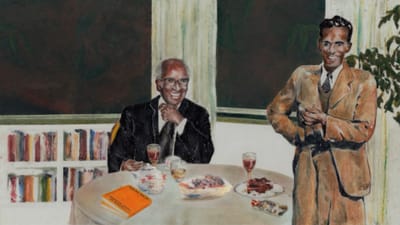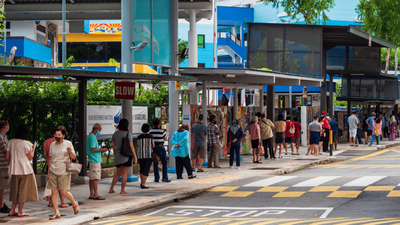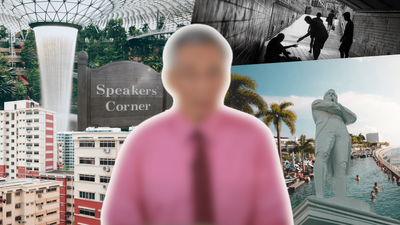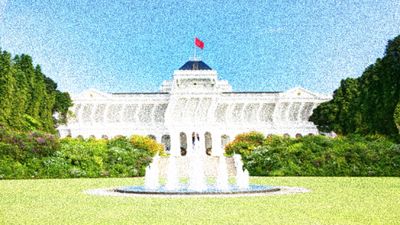For subscribers only
Subscribe now to read this post and also gain access to Jom’s full library of content.
Subscribe now Already have a paid account? Sign inSubscribe now to read this post and also gain access to Jom’s full library of content.
Subscribe now Already have a paid account? Sign in
Philip Holden uses critical fabulation to untangle the intellectual journey of one of Singapore's founding fathers from the larger, dominant one into which it has been tightly woven. The result is a sense of incompleteness, of loose threads than flawless finality.

A more diverse Parliament would generate new ideas, maintain our economic vigour and prevent the systemic decay that often results from protracted one-party dominance, writes a senior counsel and member of the Workers’ Party.

The two-decade rule of Singapore’s third prime minister has led to a fabulously rich global city, but also a society that is more unequal and divided than ever before.

The recent spate of high-profile scandals in Singapore has prompted observers to discuss the political fortunes of the PAP and the WP. Yet, these have overlooked the more fundamental question of what the incidents reveal about the nature of political legitimacy in Singapore.

Ahead of the polls on September 1st, some Singaporeans have vowed to spoil their votes, in protest at what they believe has become a farcical race for head of state. But for the many undecided voters, an analysis of the candidates might help to clarify some doubts before they head to the ballot box.
Please click on the link sent to your e-mail to login to your account.